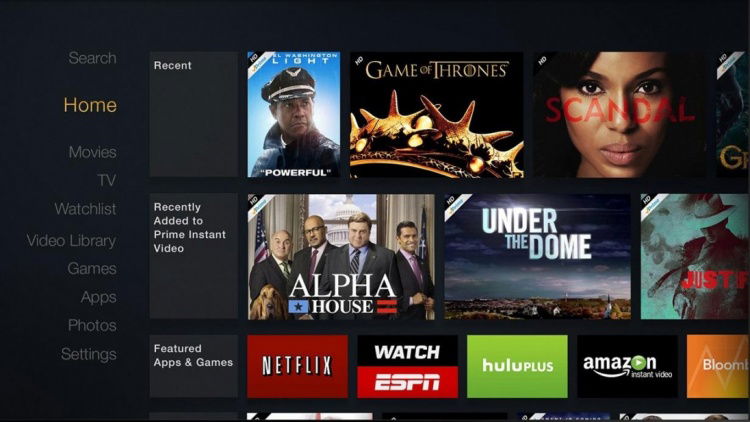Television and film provide viewers an escape from their daily responsibilities and pains. It’s a great way to unwind. You turn on the television and tune out. Living vicariously through these small screen characters, life gets a lot more exciting. On the far side of the spectrum, reality can be completely skewed – leaving us watching caricatures instead of characters. Thinly written characters or over-exaggerated careers can ruin our suspension of disbelief. Sometimes poor portrayals or depictions can even influence real-world perceptions. The young and impressionable are particularly susceptible to this because they may not have any other frame of reference. This carries across acting and into the presentation of fictional worlds themselves.
Examples of poor portrayals typically include mental health stereotypes like the shell-shocked veteran or psycho ex-girlfriend. Characters with troubling childhoods and scarring live events are sometimes depicted this way in an attempt to make them easier to relate to. Other character tropes include the sympathetic crime boss and naggy significant other. Sometimes all or a combination of these are used in a single show. Breaking Bad is a great example – Walter White is undoubtedly the bad guy, but is portrayed as the sympathetic crime boss. His wife Skyler was viewed as the naggy wife because she tried to end his endangerment of their family. Walt’s descent into greed and madness was lauded, flipping the paradigm of rooting for the ‘hero’.
While Breaking Bad is not strictly a crime show, others in the same genre use a variety of tropes that break our suspension of disbelief. I can’t tell you how many times I’ve watched CSI or another crime investigation genre and seen unrealistic forensic technology and methods. I’m sure we’ve all seen those episodes where the investigator has immediate access to all of the records they need, allowing them to capture the bad guy. Or it’s the day before the trial and our heroes uncover a new piece of forensic evidence – but don’t worry, they’ll process it same day. In reality, proper permission must be granted to access files that a strictly regulated. It takes time to acquire them, just as it takes time for the results of costly and sensitive forensic testing.
These depictions of medical and investigative technique are inaccurate, but appear mostly harmless. It’s the stereotypes about people that have the potential to cause real harm. One of these is the trope of the “Cool Girl.” The idea is that this is a woman that loves everything the stereotypical man does: she watches excessive amounts of football, smokes cigars, and can outdrink anyone in a beer-guzzling contest. Does this sound familiar? It should, because that’s essentially the character of Robin Scherbatsky in How I Met Your Mother. Her character traits go beyond just this – she has the personality of a man as well. Rather than enjoying things regardless of their typically associated gender, she follows reverse gender lines and reinforces the idea that “cool women” are just like our stereotype of the typical manly man. This is damaging to women and men both. The average American watches 5 hours of television every day. How many stereotypes does it take before we start believing them?


